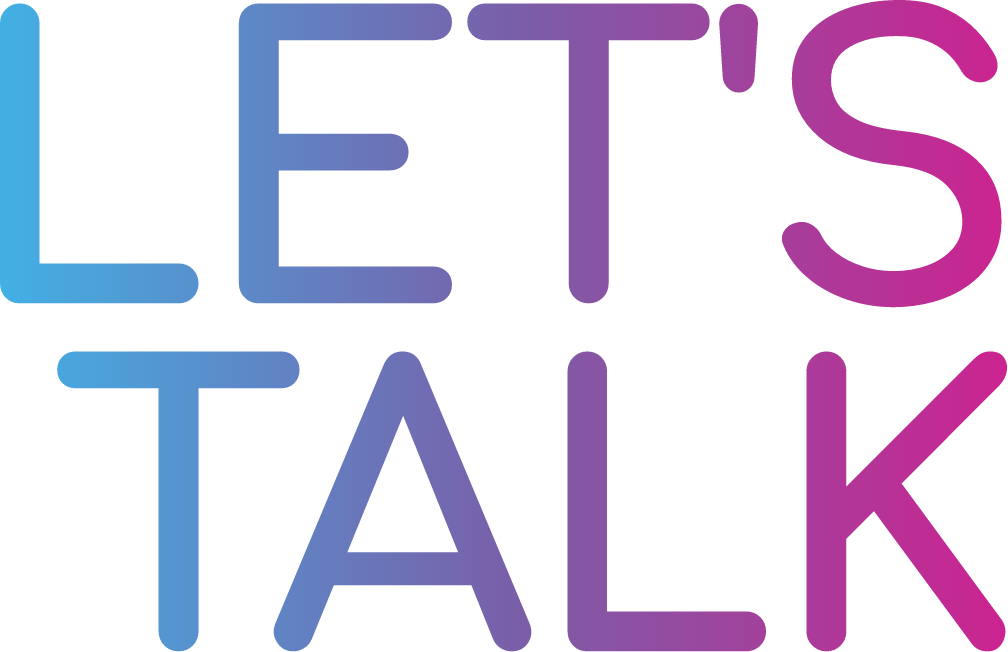In-house lawyers, once taking the industry by storm, are now seeing their roles change before their eyes. The future seems somewhat bleak for in-house counsel who just want to stay “lawyers.” Now, they will have to do so much more to remain on top.
If you’ve taken Microeconomics, you will likely remember your professor stressing the importance of the “make or buy decision.” In simple terms, it is the question of whether a firm should produce something in-house or have it done for them by buying that service from an external source. Companies grapple with this question when trying to decide whether to use an in-house lawyer or pay an outside law firm for the services they require.
Having in-house lawyers did not rise in popularity until the late 1980s. According to Forbes, only 10% of American lawyers were in-house in 1980. The shift to in-house attorneys began with General Electric in 1987. Once this major American corporation made the move to in-house legal counsel, other companies started following suit. Today, there are more in-house attorneys than those working at large law firms that represent individual companies.
The large number of in-house attorneys can be attributed in part to the many benefits they provide for the businesses they represent. In-house lawyers allow for key company decisions to be met from not only a business angle but also a legal dimension as well. This enables firms to improve how they do risk management without having to consult with an outside source because they already have the information at hand.
Since in-house lawyers often become a part of the company’s execution team, they frequently see issues earlier and can execute solutions to these problems at a faster rate than an external law firm. In-house lawyers can provide much more attention to the company they work for than a law firm that has many clients.
Although in-house lawyers provide much value to their companies, they also come with some disadvantages. Given that they are working for a single company, they are typically practicing in many different areas and may not have the training to have mastered each one.
Thus, in-house lawyers are often expected to know the law associated with the practice area they are working in immediately. In some cases, it is acceptable to ask for research time, but in most, it is not. This provides much difficulty for the lawyer in addition to the company, as it reduces efficiency.
Sometimes the company that an in-house lawyer is working for values good business counsel more than legal counsel, despite that not being what the lawyer has been trained in. In-house attorneys are also often the first piece of a company to go during layoffs or after an acquisition.
Today, the role of in-house lawyers is changing at a very fast rate. While they used to have a main focus on risk management, now there is an increasing need for in-house counsel to work as a business partner. In-house lawyers cannot simply have good technical legal skills. Since their companies often look to them for both legal and business counsel, they must now have a significant understanding of business as well.
A growing number of in-house lawyers are also looking to outsource their workload. In a study by LexisNexis, more than half of in-house lawyers noted that a “pain point” of their work is spending too much time looking at documents and doing repetitive tasks that are not urgent. By outsourcing parts of their work or becoming a freelancer, they mitigate that issue and make their work much more efficient.
In the future, in-house lawyers will move more to in-house business developers or consultants rather than strictly attorneys to reduce costs. This switch will change the extent of the services lawyers provide forever. Further, the use and understanding of legal technology will become of the utmost importance to firms. Chatbots and other automated solutions are projected to become the norm for in-house lawyers as well.
As more research is done, it will be even clearer what the future of in-house lawyers is. Will they be wiped out by consultants and automation, or will companies continue to hire them due to the benefits they provide?
*** Morgan Weber is an incoming third-year at the University of Virginia. She is double majoring in Media Studies and American Studies. Morgan is interning with Robus through a two-month intensive Onward abroad program, where she has learned many skills that will aid her in her dreams of becoming a TMT consultant.





